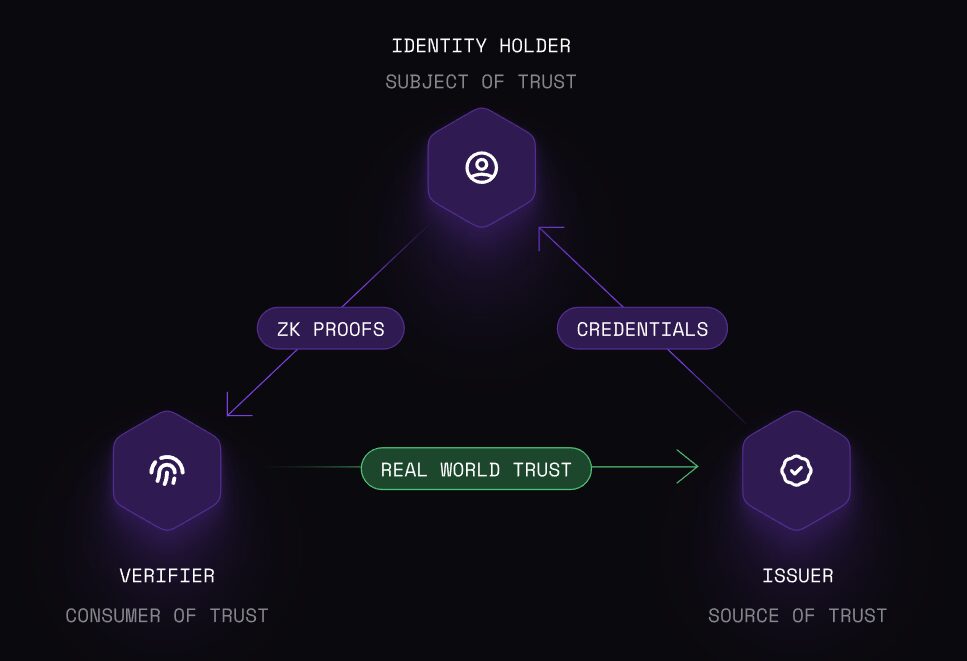Polygon, a layer-2 scaling protocol for Ethereum has launched a zero-knowledge decentralized identity solution, Polygon ID to the public nearly a year after announcing its development.
The service uses zero-knowledge proofs (ZK proofs) that use cryptographic techniques to allow users to verify their identity online without having their sensitive information passed, or potentially stored with a third party.
The public release of Polygon ID by Polygon Labs on Mar. 1 comes almost 12 months after it was officially launched in a closed-source environment in late March 2022, which the Polygon team says was built to “solve the issue of digital trust.”
ZERO KNOWLEDGE IDENTITY FOR WEB3
The Polygon ID team is excited to announce 4 tools have been released in the #PolygonID Identity Infrastructure to build a more equitable internet that places identity at the center of it.
The future is self-sovereign⛓https://t.co/h66KyDurJE pic.twitter.com/jTBbzBNVJk
— Polygon (@0xPolygon) March 1, 2023
“What sets Polygon ID apart from most other decentralized ID frameworks is its implementation of zero-knowledge technology, allowing users to verify their identities or other credentials without necessarily revealing sensitive information,” said Polygon.
The public release introduces four new tools to the Polygon ID toolset — Verifier SDK, Issuer Node, Wallet SDK and Wallet App — which will allow Polygon developers to integrate decentralized identity into their applications.
Users will be able to produce zero-knowledge proofs using off-chain credentials — such as their passport, national ID or a bachelor’s degree — to interact with smart contracts and verify information on-chain.
“This means that off-chain data can now be used for trustless on-chain verifications in the widely-supported Verified Credential format.”
Polygon claims it’s also the first ZK-based digital ID tool that allows users to hold credentials locally on handheld devices such as smartphones, and that users will no longer need passwords:
“Passwordless logins exchange encrypted verifiable credentials by simply scanning a QR code or connecting to a desktop wallet. Organizations can benefit from improved security, a better user experience, and productivity of their system administrators whose time is not taken up by password resets.”
The co-founder of Polygon ID, David Schwartz said in a Mar. 1 Twitter post…
Click Here to Read the Full Original Article at Cointelegraph.com News…
























